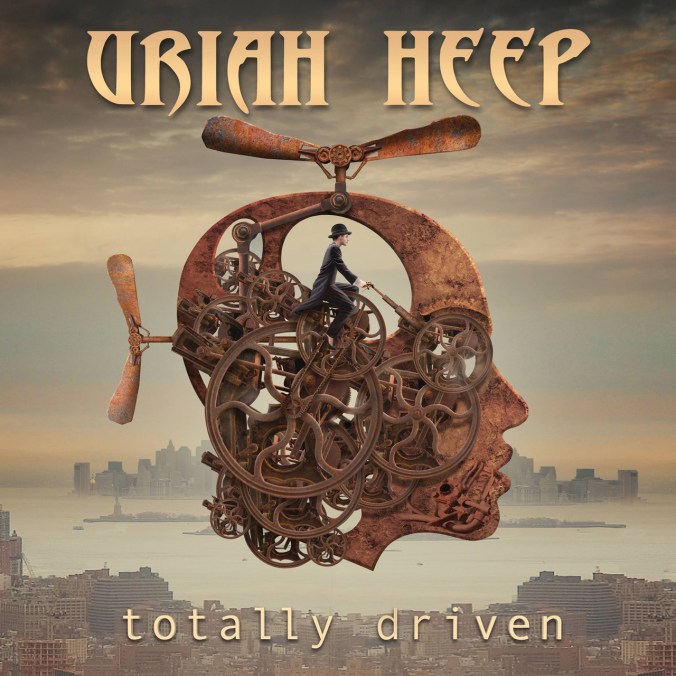
Burning Issue
Polish illustrator, artist, and co-owner of Morski Studio Graficzne, Igor Morski creates surreal images imbued with hidden meaning. He graduated with honors from the Interior Architecture and Industrial Design Faculty at the State Higher School of Fine Art in Poznań, and worked for public broadcasting in the 80s and 90s, before finally pursuing a career in press illustration. Morski opened his own studio in 1995.
“Sometimes I used to use popular symbols, such as Pinocchio’s long nose,” Morski told Bored Panda. “However, most frequently I have tried to think up my own symbols. For example, [my piece] “creative archaeology” is about the commercialisation of archaeology. There, I depict a halved human head filled with the sand with a stylised figure of Indiana Jones, the archaeologist, at the top. The symbolism becomes clear. On the one hand, you have the head filled with the sand, on the other, the figure digging in it.”
SOURCE: http://www.boredpanda.com/surreal-illustrations-poland-igor-morski/

He was recently commissioned for the artwork on Uriah Heap’s new album.

BIOGRAPHY: http://www.artgalaxie.com/index.php/igor-morski

IGOR MORSKI
Igor Morski (b. 1960) Polish graphic designer, illustrator and set designer, Presently, focuses on mixed media graphic art, based manly on photo manipulation, drawing, recently also 3D.
Morski graduated with honors from the Interior Architecture and Industrial Design Faculty at the State Higher School of Fine Art in Poznań (now the University of Arts).
In the late 80’s and early 90’s he worked for public broadcasting company Polish Television creating set design for TV theatre, culture and commentary shows.In the early 90’s the artist pursued a career in press illustration, working for leading Polish titles including Wprost, Newsweek, Businesweek, Businesman Magazine, Manager Magazine, Charaktery, Psychologia dziś and Focus.
So far, he has created about 1000 illustrations. His work also regularly appears in international magazines such as the American Deloitte Review, the Australian Prevention, Money, ITB, Men’s Health, Womans Health and George.
He is a winner of many prestigious awards including Communication Arts Excellence Award (2008, 2010) and Applied Arts Award (2010, 2011). Golden Stellar Digital Arts California (2013) Igor Morski is co-owner of a graphic design studio Morski Studio Graficzne in his hometown. His advertising art has been commissioned by Saatchi & Saatchi Singapore, Saatchi & Saatchi Sydney and Abelson Taylor among others.
Privately, he is a proud father of two daughters. He is interested in natural sciences in a broad sense, genetics, cosmology and theoretical physics.

OLD AGES


ORDERING PRINTS SEE: http://igormorski.pl/category/works/print/
INTERVIEW: http://sunriseartists.com/2013/06/13/igor-morski-interview/
